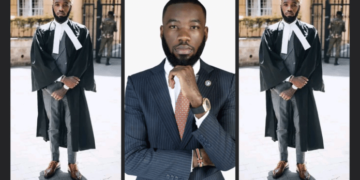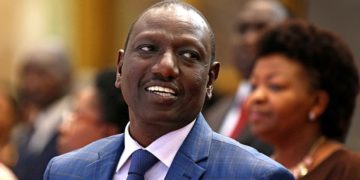[ad_1]

The Gauteng High Court in Pretoria has dismissed an application by a group of Muslim leaders and entities to declare certain parts of the lockdown regulations unconstitutional because it prohibits prayers, specifically the Muslim daily prayers, in places of worship.
The application was brought by Muhammed Bin Hassim Mohomed, Anas Mohammed Chotia and the As-Saadiqeen Islamic Centre.
Judge Brenda Neukircher said in her judgment that every citizen had been called upon to make sacrifices to their fundamental rights entrenched in the Constitution. She said this was done for the “the greater good”, in light of the Covid-19 pandemic.
She added that the government had put together a task team to consult extensively on the safety of citizens in order to flatten the curve and prevent the country’s health system from collapsing.
“I cannot find that the restrictions imposed are either unreasonable or unjustifiable and thus the application must fail,” she said.
Describing the impact on other religions, which included Jews and Catholics, she said many did not gather on many auspicious days during the lockdown.
“Holy Communion and mass had to be foregone by Catholics, and Easter could not be celebrated in church services throughout the country. In fact, each religious sector of the country had to make tremendous sacrifices for the greater good.”
What did the Saadiqeen Islamic Centre ask for?
Among the proposals from the Islamic Centre was a call for small congregations of approximately 10 to 15 people to attend the morning, afternoon and evening prayers.
They said there would be sanitising of the mosque before and after the prayers, and if the prayers attracted larger crowds, they could be split into three to five smaller “congregations” that would pray for no more than 10 minutes.
They also proposed security to control the numbers and to ensure that no more than 10 people enter and pray at a time.
Judge Neukircher said there were clear examples of gatherings spreading Covid-19. She said the spike in India’s coronavirus cases were linked to the attendance of 3 400 worshippers at the Nizamuddin Mosque in Delhi.
She also said that, all over the world, entire countries of people have had to suffer similar inroads to their civil liberties and way of life.
“In this respect, SA is not unique or alone in its efforts. In some countries, these restrictions were placed too late and others have suffered criticism of being too draconian. What they all have in common is the presence of Covid-19 and the toll it has taken on human life in so many ways.”

















